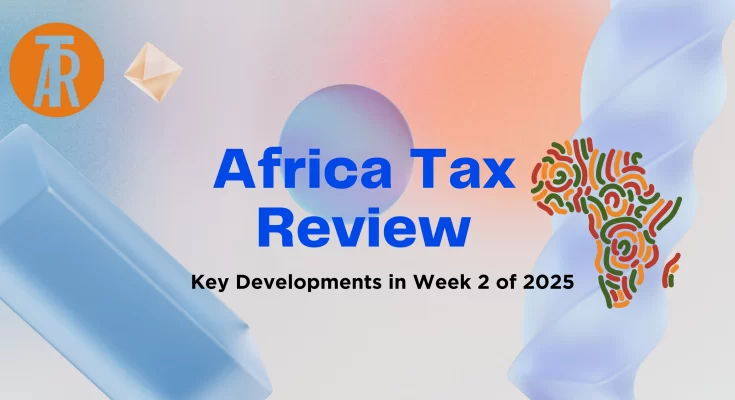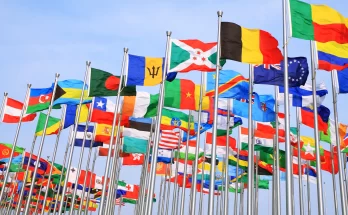Table of Contents
A Round-Up of Key Fiscal and Tax Policy Developments Across the Continent
During the second week of January 2025 (January 8–14), several African countries advanced reforms aimed at modernizing their tax systems, strengthening compliance, and aligning with international fiscal standards.
From the implementation of the OECD’s global minimum tax in South Africa to Kenya’s treaty ratification and Tunisia’s amnesty calendar, the week saw landmark steps across policy, administration, and digital transformation.
Africa Tax Review: Key Developments in Week 2 of 2025

1. South Africa: Driving Global Alignment and Administrative Reform
South Africa reinforced its commitment to the OECD’s Inclusive Framework by enacting the Global Minimum Tax Act, which establishes a 15% minimum corporate tax on multinational enterprises with annual global revenues exceeding €750 million.
This adoption of Pillar Two principles is expected to reduce base erosion and profit shifting while ensuring a fairer allocation of taxing rights (Meijburg & Co, January 2025).
Additionally, the South African National Treasury announced a phased increase in the VAT rate—from 15% to 15.5% effective May 1, 2025, and a further increase to 16% by April 1, 2026. To cushion the effect on households, the list of zero-rated essential goods was expanded (PwC Tax Summaries, 2025).
The South African Revenue Service (SARS) also rolled out upgrades to its Tax Directive System, enabling automated applications for Double Tax Agreement (DTA) relief, more directive categories, and simplified procedures for retirement fund withdrawals and transfers.
These changes are part of a broader effort to streamline tax administration and improve taxpayer experience (SARS, January 2025).
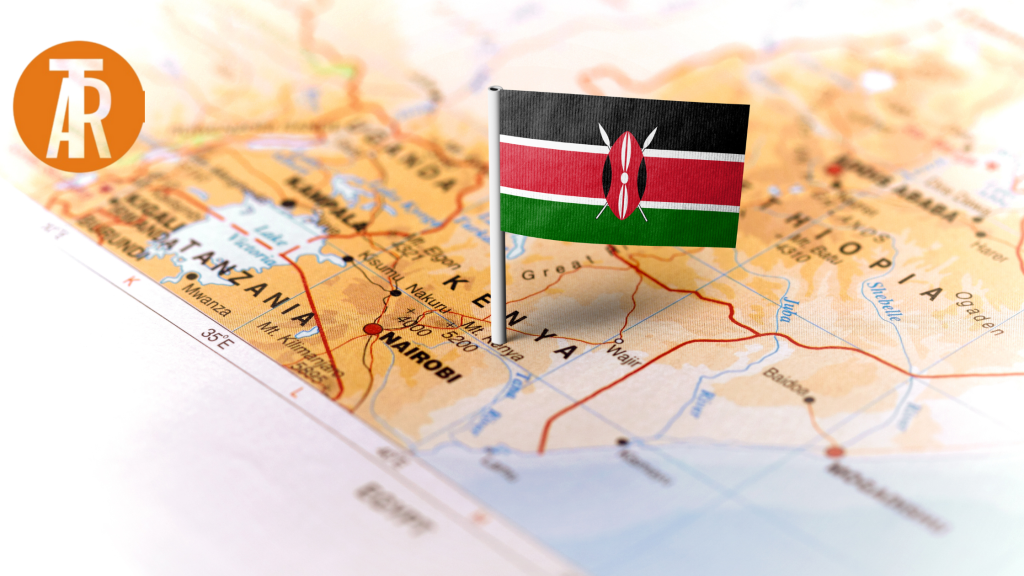
2. Kenya: Advancing International Cooperation and Fiscal Reconciliation
Kenya marked a major milestone in international tax compliance by officially ratifying the OECD’s Multilateral Instrument (MLI).
This enables the swift implementation of BEPS-related treaty measures, including improved dispute resolution and prevention of treaty abuse. The ratification enhances Kenya’s reputation in the global tax arena (Meijburg & Co, January 2025).
In parallel, the Kenyan Treasury extended the tax amnesty window to June 30, 2025, allowing businesses and individuals to voluntarily regularize historical tax liabilities without incurring penalties. This extension is expected to expand the tax net and improve voluntary compliance (Meijburg & Co, January 2025).

3. Egypt: Digitization and International Trade Measures
In a bid to increase compliance and enhance transparency, Egypt commenced enforcement of its electronic receipt mandate for newly registered taxpayers engaged in B2C (business-to-consumer) transactions.
The initiative is part of the Egyptian Tax Authority’s broader digital transformation strategy aimed at reducing evasion and strengthening audit trails (Meijburg & Co, January 2025).
Meanwhile, the European Commission imposed anti-dumping tariffs on Polyvinyl Chloride (PVC) imports from Egypt, citing unfair pricing practices.
This development is likely to influence Egypt’s trade policy and could trigger adjustments to export incentives and customs procedures ([Official Journal of the EU, January 2025]).
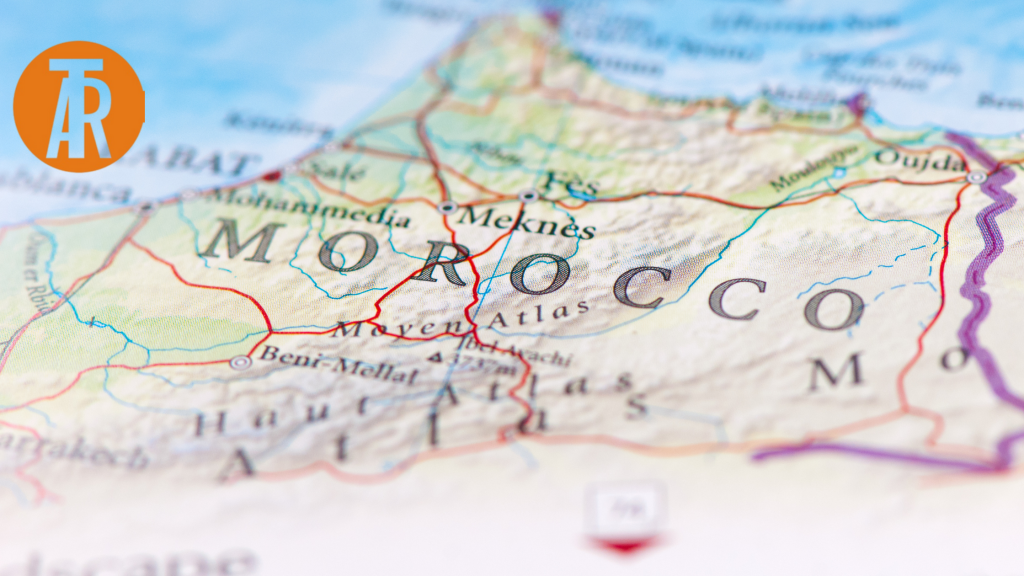
4. Morocco: Interpreting the New Fiscal Framework
The Moroccan Tax Administration released a comprehensive circular clarifying the provisions of the Finance Law 2025. It also issued the updated General Tax Code, which outlines current rules on corporate income taxation, VAT, and procedural compliance.
The clarifications aim to minimize administrative ambiguity and guide taxpayer obligations in the new fiscal year (Meijburg & Co, January 2025).

5. Algeria: Fiscal Consolidation and Revenue Diversification
Algeria officially published its Finance Law for 2025, introducing fiscal measures aimed at strengthening non-oil revenue streams and creating a more competitive tax environment for foreign investment.
Key changes include adjustments in capital taxation and reforms to enhance collection from the informal sector (Meijburg & Co, January 2025).

6. Tunisia: Introducing a Structured Tax Amnesty Program
Tunisia established a calendar-based framework for its tax amnesty program, providing a structured timeline for taxpayers to regularize their obligations with reduced interest and penalties.
The program is a cornerstone of Tunisia’s 2025 fiscal strategy, aimed at encouraging compliance and bolstering public revenues (Meijburg & Co, January 2025).
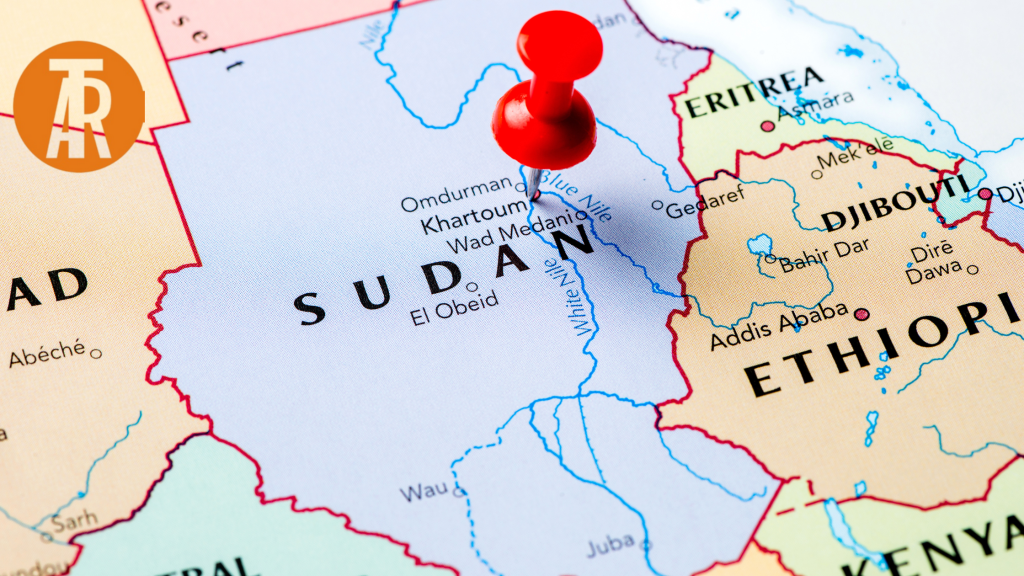
7. South Sudan: Tax Reforms to Bolster Fiscal Recovery
South Sudan enacted new tax measures under its 2024/2025 Finance Act, with a focus on improving tax mobilization from the extractive sector and strengthening customs administration.
These initiatives are part of the government’s plan to stabilize its revenue base and support reconstruction efforts (Meijburg & Co, January 2025).
Conclusion: Africa’s Tax Transformation Gathers Pace
The developments recorded in Week 2 of January 2025 highlight Africa’s firm steps toward building resilient, transparent, and globally aligned tax systems. From digitalization and international treaty commitments to tax incentives and fiscal reforms, these policy shifts are redefining Africa’s fiscal landscape.
Key takeaways include:
- Active adoption of OECD-compliant tax regimes
- Emphasis on digitization for compliance and transparency
- Use of amnesties to recover revenues and rebuild trust
- Legislative clarity to guide taxpayer behavior
- As the year unfolds, AfricaTaxReview.com remains your dedicated source for timely analysis, insights, and commentary on tax developments across the continent.
Olatunji Abdulrazaq CNA, ACTI, ACIArb(UK)
Founder/CEO, Taxmobile.Online

